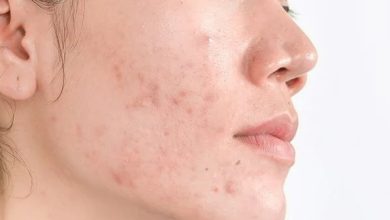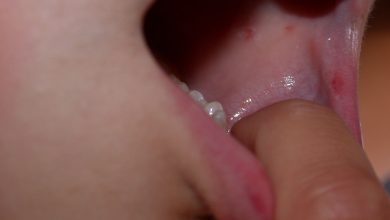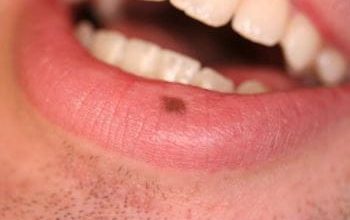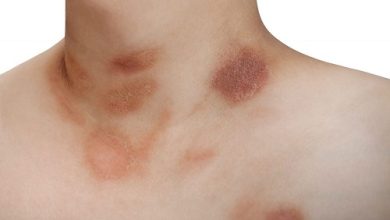Lichen Planus Rash: Expert-Approved Treatments for Smooth, Healthy Skin
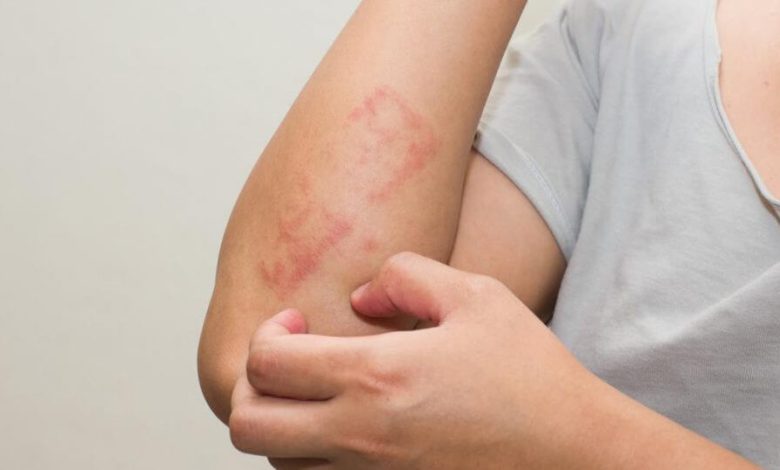
Lichen planus is a chronic inflammatory condition that affects the skin and mucous membranes, resulting in a rash characterized by shiny, flat-topped, violet-colored bumps. This condition can cause significant discomfort and affect your quality of life. Fortunately, there are several expert-approved treatments available to help manage and alleviate the symptoms of lichen planus, leading to smoother and healthier skin. We will explore various treatments and the best supplements for lichen planus.
Lichen Planus Rash
Before diving into the treatments, it is essential to understand what lichen planus rash entails. Lichen planus can occur on various parts of the body, including the wrists, ankles, lower back, and genitals. It can also affect the mouth, nails, and scalp. The exact cause of lichen planus is unknown, but it is believed to be an autoimmune condition where the immune system attacks the skin and mucous membranes.
Common Symptoms of Lichen Planus Rash
- Itchy, flat-topped, purple or violet bumps
- White lacy patches in the mouth
- Hair loss and scalp discoloration
- Nail abnormalities, such as thinning, ridging, and splitting
- Pain or discomfort in affected areas
Expert-Approved Treatments for Lichen Planus Rash
1. Topical Corticosteroids
Topical corticosteroids are commonly prescribed to reduce inflammation and itching associated with lichen planus. These creams or ointments are applied directly to the affected areas and can provide significant relief. Your healthcare provider may recommend stronger formulations for more severe cases.
2. Oral Corticosteroids
In cases where topical treatments are not sufficient, oral corticosteroids may be prescribed. These medications work systemically to reduce inflammation throughout the body. Due to potential side effects, oral corticosteroids are typically used for short-term treatment.
3. Antihistamines
Antihistamines can help manage itching and discomfort associated with lichen planus. These medications work by blocking the action of histamine, a substance in the body that causes allergic reactions and itching. Over-the-counter antihistamines are often effective, but your doctor may prescribe stronger versions if needed.
4. Calcineurin Inhibitors
Calcineurin inhibitors, such as tacrolimus and pimecrolimus, are topical medications that help reduce inflammation by suppressing the immune response. These medications are particularly useful for treating lichen planus in sensitive areas, such as the mouth and genitals.
5. Phototherapy
Phototherapy involves exposing the skin to ultraviolet (UV) light under medical supervision. This treatment can help reduce the symptoms of lichen planus by slowing down the overactive immune response. Phototherapy is usually recommended for widespread or severe cases.
6. Retinoids
Retinoids, derived from vitamin A, can be effective in treating lichen planus, especially when it affects the skin and mucous membranes. Topical retinoids, such as tretinoin, and oral retinoids, such as acitretin, are commonly used. Retinoids help by normalizing skin cell growth and reducing inflammation.
7. Immune-Modulating Medications
In severe cases of lichen planus that do not respond to other treatments, immune-modulating medications may be prescribed. These medications work by suppressing the immune system to prevent it from attacking the skin and mucous membranes. Examples include methotrexate and cyclosporine.
Best Supplements for Lichen Planus
In addition to medical treatments, certain supplements can support overall skin health and potentially alleviate the symptoms of lichen planus. Always consult with your healthcare provider before starting any new supplement regimen.
1. Omega-3 Fatty Acids
Omega-3 fatty acids, found in fish oil and flaxseed oil, have anti-inflammatory properties that can help reduce inflammation and improve skin health. Incorporating omega-3 supplements into your diet may help manage lichen planus symptoms.
2. Vitamin D
Vitamin D plays a crucial role in regulating the immune system and maintaining healthy skin. Studies have shown that individuals with lichen planus often have lower levels of vitamin D. Taking a vitamin D supplement can help support immune function and improve skin health.
3. Vitamin A
Vitamin A is essential for skin health and immune function. Retinoids, a form of vitamin A, are commonly used in the treatment of lichen planus. Taking a vitamin A supplement or increasing your intake of vitamin A-rich foods may help support skin healing and reduce inflammation.
4. Probiotics
Probiotics are beneficial bacteria that support gut health and the immune system. Since lichen planus may be linked to immune system dysfunction, taking a probiotic supplement can help improve gut health and potentially reduce inflammation.
5. Zinc
Zinc is a mineral that plays a vital role in immune function and skin health. It has anti-inflammatory properties and can help promote skin healing. Taking a zinc supplement or incorporating zinc-rich foods into your diet may help manage lichen planus symptoms.
Lifestyle Tips for Managing Lichen Planus
In addition to medical treatments and supplements, certain lifestyle changes can help manage lichen planus and promote healthier skin:
1. Maintain Good Oral Hygiene
For lichen planus affecting the mouth, maintaining good oral hygiene is crucial. Brush and floss regularly, and consider using an alcohol-free mouthwash to reduce irritation.
2. Avoid Triggers
Identify and avoid triggers that may worsen lichen planus symptoms, such as certain foods, stress, and medications. Keeping a symptom diary can help you identify potential triggers.
3. Manage Stress
Stress can exacerbate autoimmune conditions like lichen planus. Practice stress-reducing techniques such as yoga, meditation, and deep breathing exercises to help manage stress levels.
4. Stay Hydrated
Drink plenty of water to keep your skin hydrated and support overall health. Proper hydration can help improve skin elasticity and reduce dryness.
5. Use Gentle Skincare Products
Opt for gentle, fragrance-free skincare products to avoid further irritation. Look for products that are specifically formulated for sensitive skin.
Conclusion
Lichen planus rash can be challenging to manage, but with the right treatments and lifestyle adjustments, you can achieve smoother and healthier skin. From topical and oral medications to the best supplements for lichen planus, there are various options available to help alleviate symptoms and improve your quality of life. Always consult with a healthcare provider to determine the Lichen Planus Natural Treatment plan for your specific condition. By taking a proactive approach, you can effectively manage lichen planus and enjoy healthier skin.

